
- Outside & UNIST
- AI Ethics, New Challenges and
Responsibilities for All of Us
본문영역
AI Ethics, New Challenges and
Responsibilities for All of Us
Jeon Chang-Bae, Chairman,
International Artificial Intelligence Ethics Association
Now that artificial intelligence (AI) is ingrained in human life, it is regarded as a companion rather
than merely a daily tool. On the other hand, as AI technology develops at a rapid pace, the ethical
dilemmas that may arise from it and the discussion on how to use it safely have emerged as current
issues that cannot be postponed any longer. With the compass of “AI Ethics” in our hands, we must
deliberately and responsibly design the direction of our technology if we are to meaningfully coexist
with AI and create a sustainable future.
Responsibilities for All of Us
Jeon Chang-Bae, Chairman,
International Artificial Intelligence Ethics Association
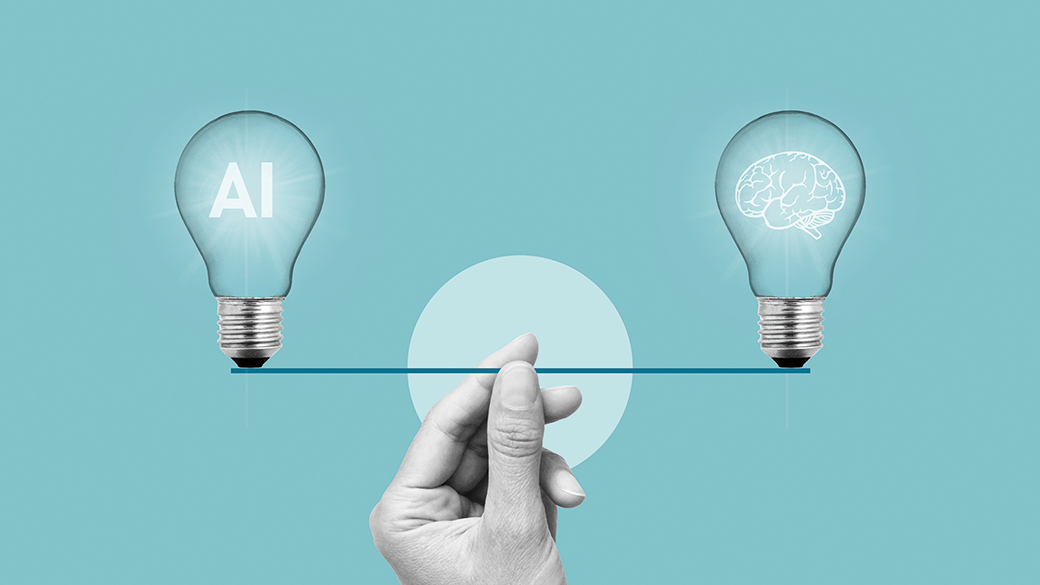
At the Crossroads of Innovation and Catastrophe: The Importance of Ethical Development
Why are humans working so hard to develop AI? AI can do things that humans cannot do very easily. Specifically, AI is adept at solving problems that people find challenging, and makes precise predictions about outcomes that humans deem difficult.
In addition to solving problems and predicting outcomes, AI has recently acquired the ability to generate content. Thus, the scope of its use is expanding significantly. As AI easily solves tasks that humans previously thought difficult and impossible, its impact on humans is becoming greater than any other technology.
AI technology will undoubtedly become essential to people and their lives in the future, given its quick rise in influence over them. Many large tech corporations and governments worldwide are joining the AI technology race to control these sectors and industries.
AI's deep learning technology advanced quickly in 2016, following the encounter between Lee Se-dol and AlphaGo. These days, the rankings of the leading AI businesses around the world are updated monthly, and new AI products and technologies are released every few days.
However, as companies and governments around the world focus on the development of AI technology, they are unable to address its myriad adverse effects and dysfunctions. Humans are greatly impacted by AI technology, whether it is advantageous or detrimental.
AI technologies have the potential to be catastrophic for people and humanity if we do not manage and regulate them appropriately. Therefore, we should concentrate on creating AI technology responsibly and deploying it appropriately rather than developing it mindlessly. “AI Ethics” is desperately needed to achieve this objective.

The issue of “abuse” and “misuse”
is crucial to the ethics of users
and consumers of AI. Users and
consumers themselves must employ
and utilize AI in a cautious and ethical
manner in the absence of obvious
standards, principles, laws, and
systems.

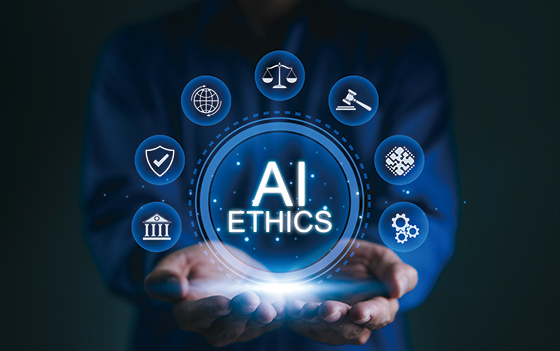
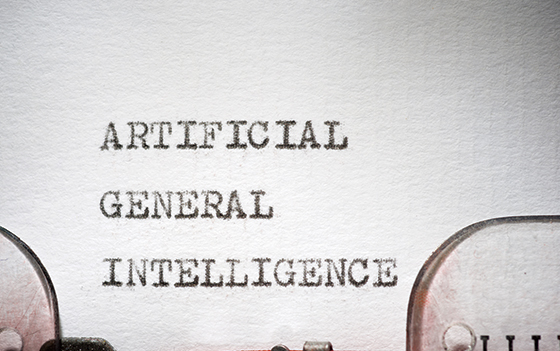
Our Responsibility for Safe and Right AI
The concept of AI ethics is not hard to understand. To put it another way, it refers to the moral standards that must be met both when producing and generating AI, as well as when utilizing and consuming it. The ethics of AI developers and development firms, as well as the ethics of AI users and customers, can now be separated into two categories.
However, the ethics of AI itself, or “ethics as an artificial moral agent,” should also be examined and explored going forward to prepare for the quickly approaching era of artificial general intelligence.
First, let's look at the ethics of AI developers and development companies. Some people say, “It is not AI’s fault. The problem with AI is that humans are misusing and abusing AI.” This statement is half right and half wrong.
Since AI is a human-developed technology, it is inherently valueneutral. It is impossible to categorize AI as either good or harmful.
Furthermore, it is indisputable that human exploitation is the root source of many recent issues with AI malfunction, including deepfakes.
However, AI is not “safe” on its own only because it is value-neutral. AI has the potential to become a harmful technology that might seriously harm people if it is not developed properly and safely.
“AI safety” is one of the most significant ethical concerns of AI. It has a direct bearing on the moral obligations of the companies that develop and produce AI. AI technology may introduce “seeds of misfortune” into the human world if we exclusively concentrate on its development, ignoring “safety” in the hopes of generating “money” and “power.”
So, what are some safe and appropriate ways to develop AI technology? AI developers and development firms must consider and forecast the impact of the technology once it is introduced into the world, from the very beginning of its design and development.
Predicting and researching whether AI technology is more likely to hurt than help people and humanity, if abuse is possible, and what kind of harm might result from misuse are all important.
If there is a great risk that AI technology will do far more harm than benefit to humans and humanity after it is developed, then we need to decide whether to develop the technology.
Next, the issue of “abuse” and “misuse” is crucial to the ethics of users and customers of AI. Users and consumers themselves must employ and utilize AI in a cautious and ethical manner in the absence of obvious standards, principles, laws, and systems.
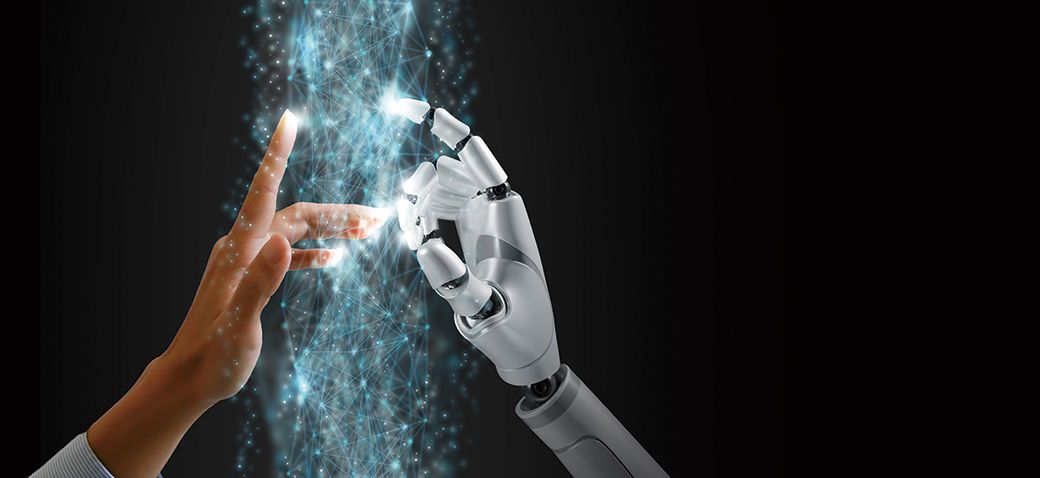

Without an “evil side,” AI and robots
that make decisions on their own
must only have a “good side.”
The successful teaching and
input of “goodness,” “ethics,” and
“conscience” into AI is necessary
for this to be feasible.

Ethical Use of AI and the Path to “Good AI”
Then, how can we use AI “ethically” and “carefully”? First, AI should never be used for criminal purposes. Also, no one should use AI to harm others. Lastly, if you feel uncomfortable with the use and utilization of AI, it is advisable to stop using it.
For example, a contest poster made with generative AI should be marked “Created/Made with AI” rather than being entered in its original form. It is safer not to utilize generative AI-generated images or songs that mimic well-known designers' designs or songs that resemble existing ones.
Since artificial intelligence is currently a relatively primitive technology, it is also crucial to avoid “misusing” it and to employ it appropriately, which begins by acknowledging its “imperfections.”
AI is now seen as being extremely imperfect, error-prone, and incomplete because it is still in its infancy.
Users and customers should therefore avoid becoming overconfident or overly dependent on this technology, which can be flawed or prone to errors. We should avoid relying purely on AI, allowing it to judge human values, allowing AI-generated content to be trusted and used in its current form, or allowing AI to make decisions pertaining to human life, body, mind, and property.
Artificial intelligence will subjugate and dominate people if we rely too much on it or on its flawed current state. Human subjectivity will likely vanish, and, ultimately, people will be treated more like tools than as ends in themselves. Never allow AI to control people; humans should always be in control of AI.
Finally, it is time to begin investigating the ethics of AI in general, i.e., whether “good AI” can be produced. Given how quickly generative AI technology has advanced in recent years, the so-called “artificial general intelligence” (AGI) age is probably emerging much sooner.
Among the phases of AI development—weak, strong, and super— the AGI period is equivalent to the “strong AI” stage. In summary, it is a society depicted in science fiction films where people coexist with android robots and artificial intelligence (AI) that resemble humans in appearance, behavior, and speech.
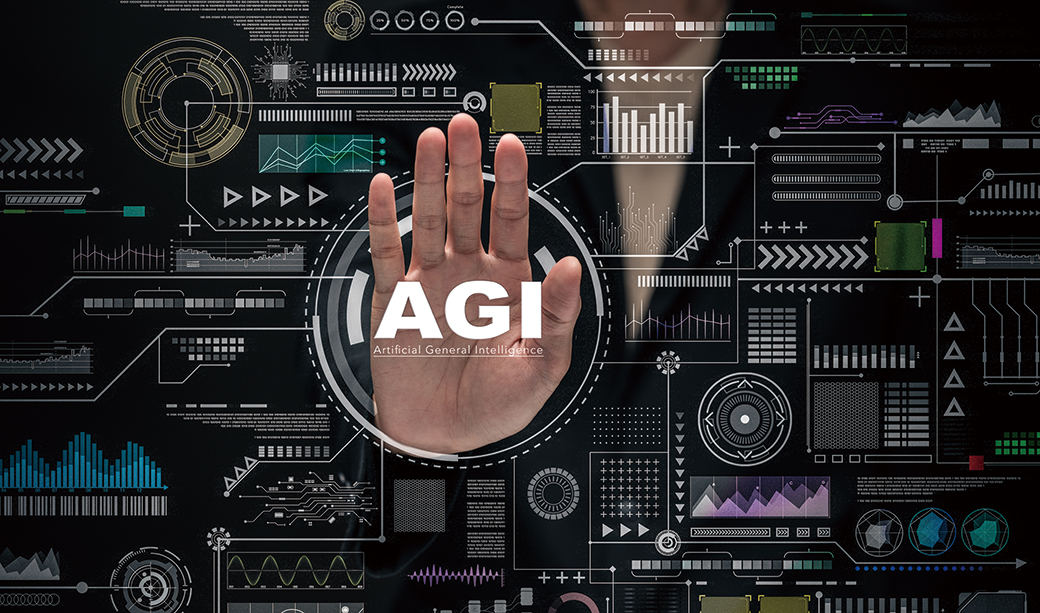

Humans have never granted nonhuman
entities “autonomy” until now.
As it establishes an entity that acts
and makes decisions independently of
humans, this type of “autonomy” should
not be selected arbitrarily. We all need to
talk about it, conduct research on it, and
come to an agreement on it with much
caution.

Autonomy and Ethics in the Age of AGI: The Right Direction for AI Technology
AI and robots will be able to replicate human abilities in this era of artificial general intelligence (AGI), but we must be mindful that these machines can make decisions and act “autonomously.”
Robots and artificial intelligence (AI) that make decisions on their own must therefore only have a “good side” and no “evil side.”
The successful teaching and input of “goodness”, “ethics”, and “conscience” into AI is necessary for this to be feasible.
Giving AI and robots “autonomy” will be safe if the process of educating them with “goodness” and “ethics” is successful. Though we have taught AI and robots about “goodness” and “ethics,” it is preferable to govern and employ them as they are today rather than grant them “autonomy” if they behave badly or make mistakes that hinder them from doing good.
Humans have never granted non-human entities “autonomy” until now. As it establishes an entity that acts and makes decisions independently of humans, this type of “autonomy” should not be selected arbitrarily. We all need to talk about it, conduct research on it, and come to an agreement on it with much caution.
Adopting and putting AI ethics into practice is not as simple as saying they exist. It is an issue that cannot be resolved by a single individual, business, or nation. It must, therefore, restate that only safe and moral AI, achieved via our ongoing efforts, can benefit people and humanity. Understanding AI's “correct awareness” and “ethical awareness” is the first step.
Let us wrap it up with some quotes from Professor Geoffrey Hinton’s interview with the Nobel Committee. Hinton is an AI researcher who was awarded this year's Nobel Prize in Physics, and is regarded as the father of deep learning.
“If AI gets out of control, it becomes an existential threat to humanity. Right now, people must solve the problem of control over AI, and we must conduct extensive research and effort into it.”
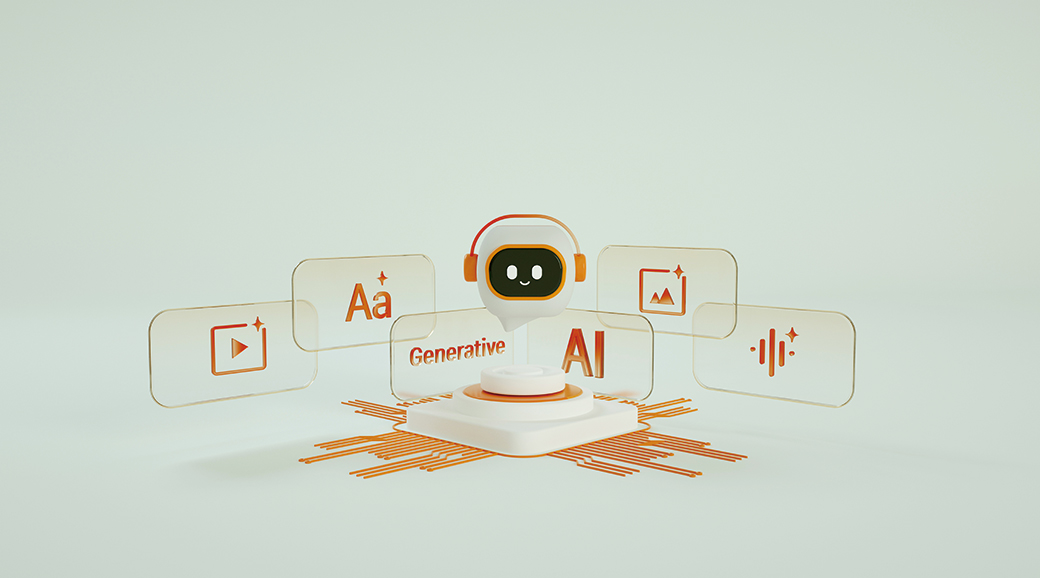
Artificial General Intelligence(AGI)
Also known as strong AI, complete AI, or general purpose AI, AI is capable of thinking autonomously, learning and reasoning like a human, and being proactive in the solution of specific problems. In contrast to weak AI, which can only operate within the framework of learned algorithms, it is characterized by the ability to react to new situations that have not yet been learned. It is difficult to agree on a single definition, however, because different scholars define “human-level reasoning” differently, and AGI is still an emerging technology. Nevertheless, the specific definition of AGI varies from field to field, and the trend is for scientists to establish the definition as they research and develop AGI.

